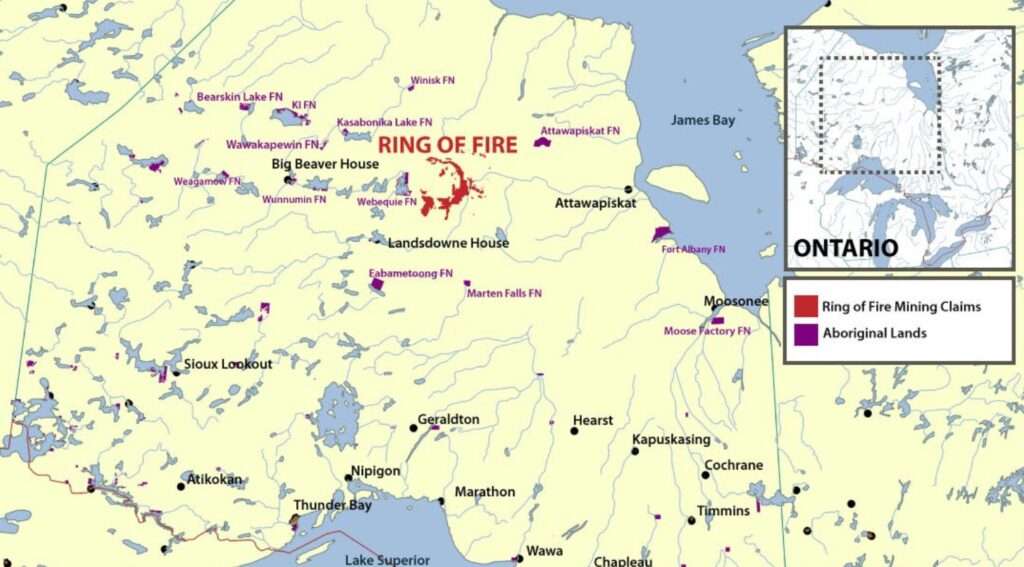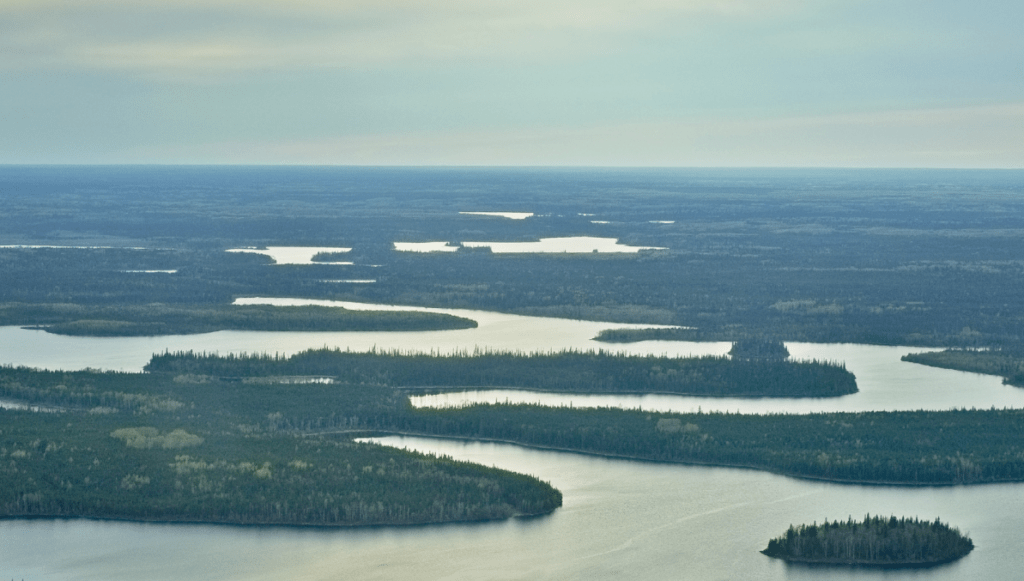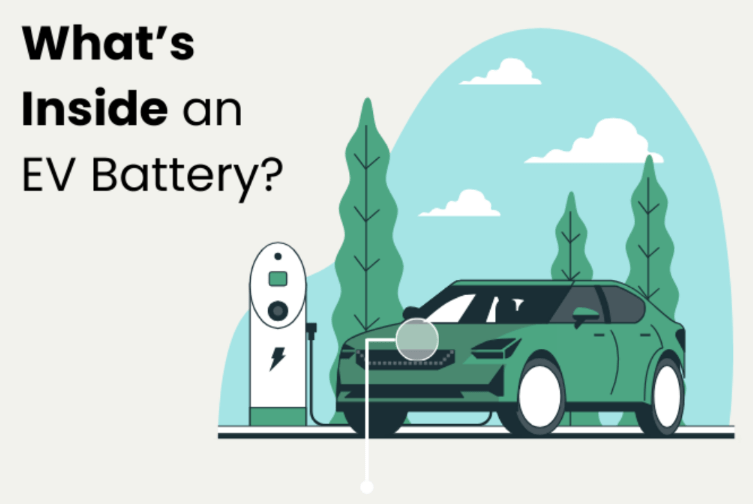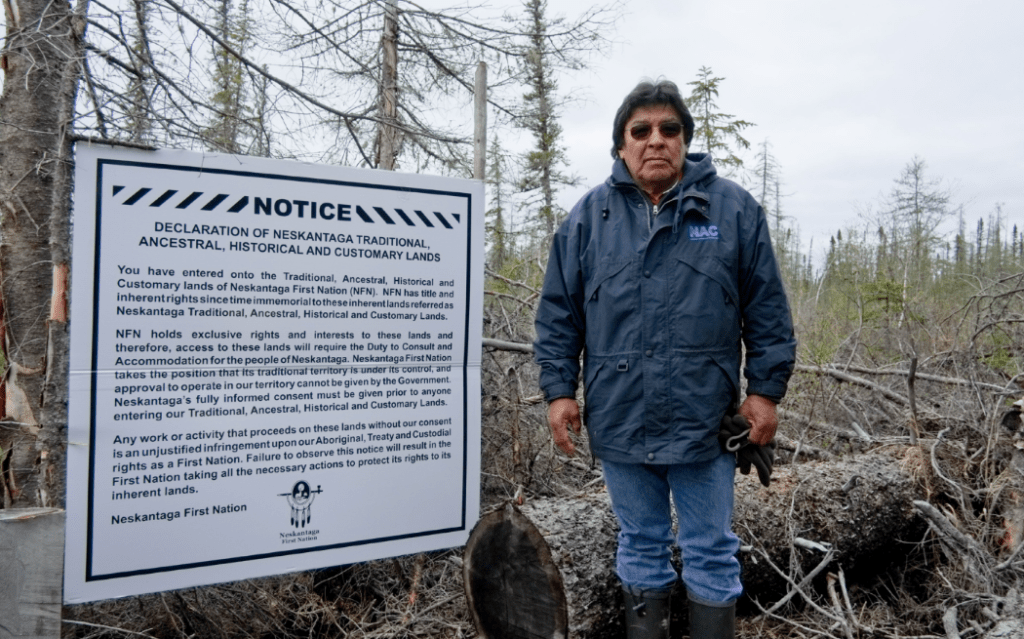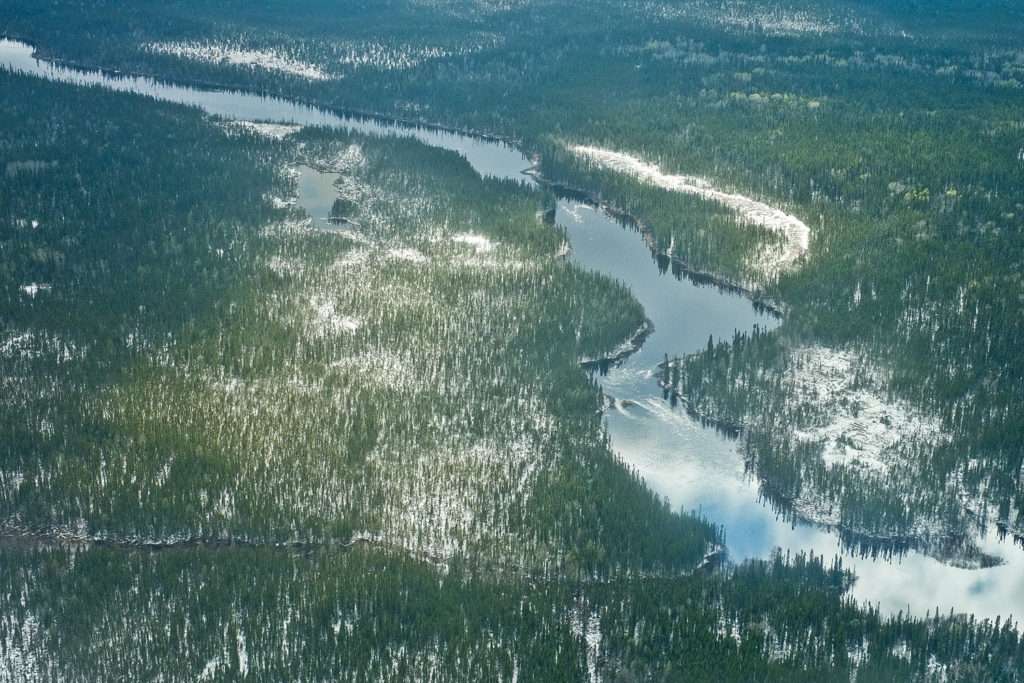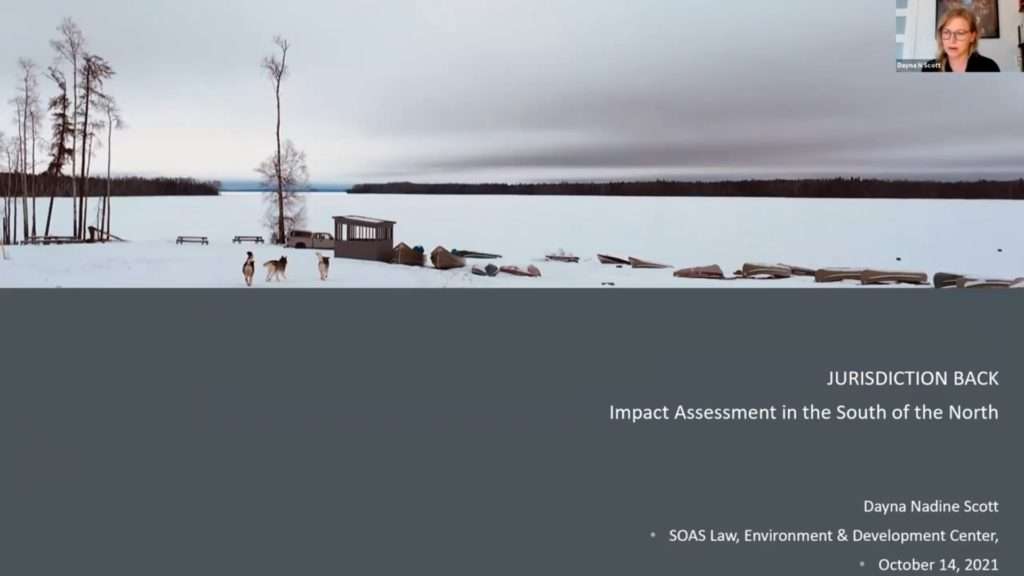Infrastructural (Dis)Entitlement: Tactics of Dispossession on the Critical Minerals Frontier
By: Dayna Nadine Scott | The remote Indigenous communities of Ontario’s boreal north have been hovering on the edge of a new extractive frontier for more than a decade. As often is the case when extractive capital moves onto new ground, the small, remote Anishinaabe and Anishini communities across the peatlands of Treaty No. 9 have been both dreading and inviting transformative changes to their lands, lifeways, and livelihoods.
